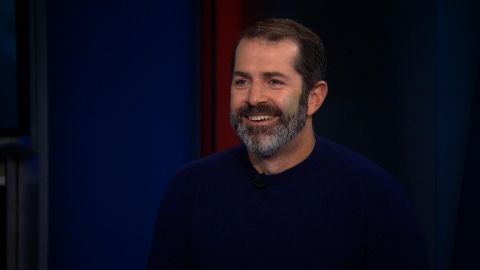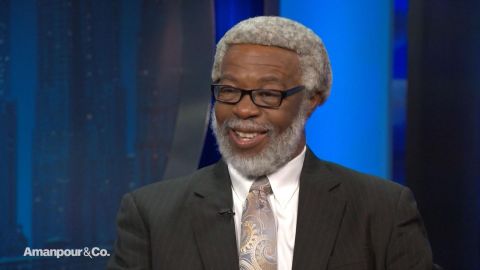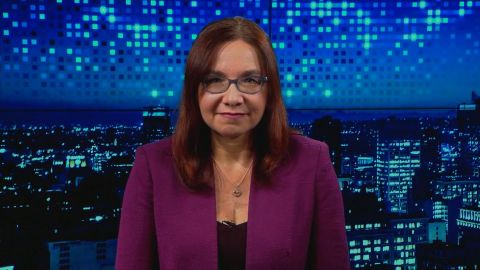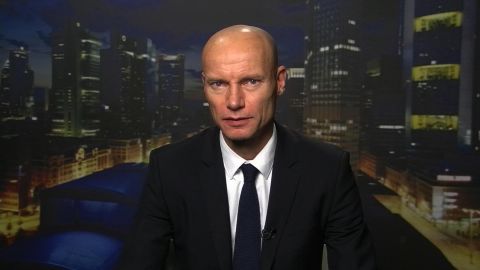Read Transcript EXPAND
CHRISTIANE AMANPOUR: Here in Venice, there are pictures of the regional city council, which is right on the Grand Canal flooded. I mean, the pictures are incredible. You can see the water, the chairs in the water, people were in the room, they had to leave. And yet, hours before, the same council had rejected measures to combat climate change. I mean, it just doesn’t make any sense.
HENK OVINK, DUTCH SPECIAL ENVOY FOR INTERNATIONAL WATER AFFAIRS: No, it doesn’t make sense. We can prepare ourselves for the uncertainties of the future. There are places around the world where we have to say perhaps, you know, on the long run it might not be safe. But places like Venice, the Netherlands, Southeast Asia, the East Coast of the United States are places where we can invest in, where we can collaborate together, public and private, on the community scale as well as regionally, to become better prepared and invest in innovations with nature and to really prepare ourselves and become more resilient in the context of climate change. But then we have to face those challenges and then do something about it.
AMANPOUR: I was going to say, Venice council, the leadership sent us a statement on all of this and said that, “Beyond propaganda and deceptive reading, we are voting for a regional budget that spent $1.1 billion over the past three years in the fight against air pollution, smog, which is a determining factor in climate change. To say we’re doing nothing is a lie.” And he then goes onto say, you know, that this is an exorbitant amount for a regional situation here. I mean, if they’re spending that much money and it’s still flooding, what is going wrong?
OVINK: Well, they — in Venice too, like in other places, they try to figure out on one hand how to mitigate climate risks. So, cut carbon and so forth and move to renewables and be on the good side of history and at the same time, prepare the city, in this case, all lagoon of violence from flooding. And that’s a big program and a project they set into motion, the most projects that did not take into account all future risks that had a lot of problems in its implementation. But in itself, moving forward with protecting the Venice Lagoon for flooding is a great idea, it’s a good effort. But they do need to do better. Well, these week’s proof that they have to up their game when it comes to building resiliency in the Venice Lagoon. And I think it’s not impossible but Venice is also showcase that is — well, simple solutions are not enough. We — business as usual is not enough.
About This Episode EXPAND
Henk Ovink joins Christiane Amanpour to discuss historic flooding in Venice, Katharine Hayhoe explains why we need an energy revolution and AllBirds co-CEO Joey Zwillinger discusses the importance of eco-friendly business practices. Plus, Professor S. James Gates tells Walter Isaacson about his new book that examines how scientists proved Einstein’s theory of relativity.
LEARN MORE



